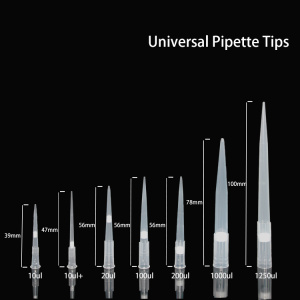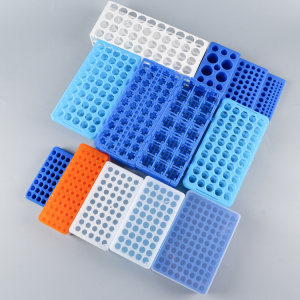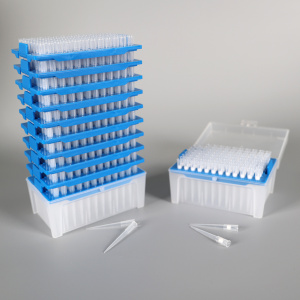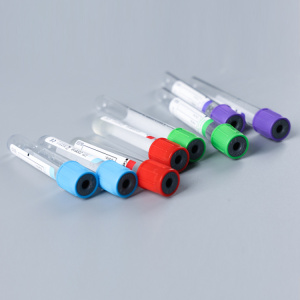Description of several common types of centrifugal tubes
Centrifuge tubes are very common in laboratories, where centrifuges are used to spin specimens to separate solids from liquid chemical solutions. Centrifuge tubes can be made of glass or plastic and resemble miniature test tubes with conical tips. It is a cylindrical calibrated glass vessel mounted in a centrifuge tank for the analysis and separation of various materials. Usually laboratory technicians test solid-liquid or immiscible liquid samples in centrifuge tubes.
A centrifuge tube is a precision manufactured, high strength glass or plastic tube that fits exactly in the rotor chambers. The design of the taper depends on the type of solids in the sample, such as biomolecules, insolubles, etc.
As precision manufactured high strength glass or plastic tubes, they can be used exactly with the rotor chamber. They are available in a wide range of volumes, from micro centrifuge tubes in microliters (μL) for molecular biology experiments, to small centrifuge tubes in milliliters (mL) for clinical medicine, to large centrifuge tubes in liters (L) for large industrial applications, with a wide variety to meet many needs and cover many industries.

As for the 250-1000 mL volume range, larger containers such as centrifuge bottles are often used to carry the samples, and although some are made of heavy duty glass, because they are subjected to greater centrifugal forces, centrifuge bottles are usually made of shatterproof plastics such as polypropylene or polycarbonate, which are also chemically stable and do not react easily with most solutions, and the bottles are also sealed with additional caps for for added assurance against leaks.
Glass centrifuge tubes can be used with most solvents, are often more expensive, can be cleaned like other laboratory glassware, and can be sterilized by autoclaving. They must be handled with care, however, because small scratches can cause them to break under the strong centrifugal forces exerted during centrifugal motion, or they can be inserted into soft rubber sleeves to cushion them from the forces during operation.
Plastic centrifuge tubes are cheaper and usually used as disposable, although some good quality ones can be as durable as glass, although it should be noted that because they are more difficult to clean thoroughly, they are more suitable for liquids that are chemically stable and not corrosive.



